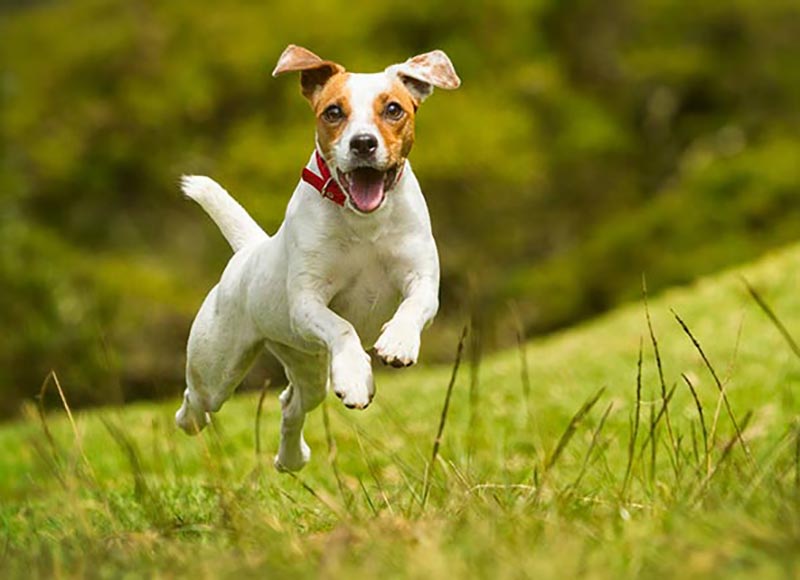This time of quarantine is hard on us all. But those of us who are in lockdown with an adolescent pup may be finding this time especially challenging! Know you are not alone in your frustrations and stress. We are here to provide some guidance and help you and your pup during this trying time.
Dogs experience their adolescent stage from about 6 months to when they reach sexual maturity at around 2 to 3 years of age. However, some of the most challenging periods can occur between 6 – 12 months in age. There are many changes that are occurring both inside and outside of your dog’s body. Think of how crazy teenage hormones can be and you’ll have an understanding of what is going on in your dog’s brain.
Unruly Behaviors
Due to your dog growing both physically and behaviorally, you’ll notice your pup demonstrating some undesirable behaviors. Here is where we have to provide guidance and consistent rules for our dog to follow. Teach your dog what behaviors are reinforcing by providing praise and treats when you notice your dog is being calm. Show your pup that behaviors such as jumping or barking produce no reinforcement and result in the end of play or attention. If we keep our responses clear and consistent, we will be better able to communicate with our adolescent pup and get the result we desire.
Excessive Amounts of Energy
Your sleepy little puppy has now turned into a full blow adolescent whose energy appears endless. While it is important to provide mental and physical stimulation as an outlet for this energy, we also have to teach our pups how to relax. Set up a schedule for your dog where you set aside time each day to work on relaxation and decompression. A qualified trainer can help you with this process. It is essential for our dogs to learn how to go from rambunctious to calm to prevent an unruly pup.
Where Did the Training Go?
Don’t feel discouraged if it feels all the hard work you did training your puppy has disappeared. It may seem that your dog has forgotten everything but in fact the information is still there. It is just harder for your dog to access now that their hormones are all over the place. It is also common for owners to unknowingly encourage and reinforce rambunctious behavior. With this in mind, keep your training sessions easy and short. If you feel yourself getting frustrated just take a break. We want the training to be fun for both of you so don’t put too much pressure on yourselves to make things look perfect right now.
Why is my dog suddenly afraid of certain things?
Dogs experience two fear periods. The first fear period usually occurs in pups around 8 to 10 weeks of age. The second fear period typically occurs somewhere between 6 and 14 months of age. This period may last for 2 or 3 weeks depending on your dog. You may notice your previously confident pup is suddenly afraid of things they have seen or been exposed to before.
Do not actively go out and find these triggers and try to train your dog through it. This is a very sensitive time and if your pup has a severely frightening episode, that event will have a lasting impact on your dog’s behavioral health. Instead, take notice of the triggers that are scaring your dog and avoid them as best you can until this period passes (and it will.) If you do encounter something scary, happily encourage your dog to get away from the trigger using high-value treats and praise. Keep events simple, safe, and easy for your pup at this time.
Find Times to Bond
The majority of dogs that are returned to shelters are adolescents. Their energy levels and difficult behaviors causes many people to become frustrated and disconnected with their dog. Find time to spend with your pup doing something easy and fun. Look for the little things that make you smile about your pup. Remember this phase is not forever and soon your dog will be a well-established adult.
Behavior Vets is offering a QuaranTeen Spirit course designed to address issues and training for dogs between 6 to 24 months of age. Sign Up HERE
This course includes:
- Reviewing and learning new cues and behaviors
- Learning to manage unwanted behaviors
- Learning the difference between “normal” behavior vs. stress/ fear
- Enrichment tips and ideas
- Teaching your dog to settle
- Making sure your dogs needs are being met in isolation
- Ways to keep up with socialization
- Step by step handouts to refer to while practicing new cues and behavior

